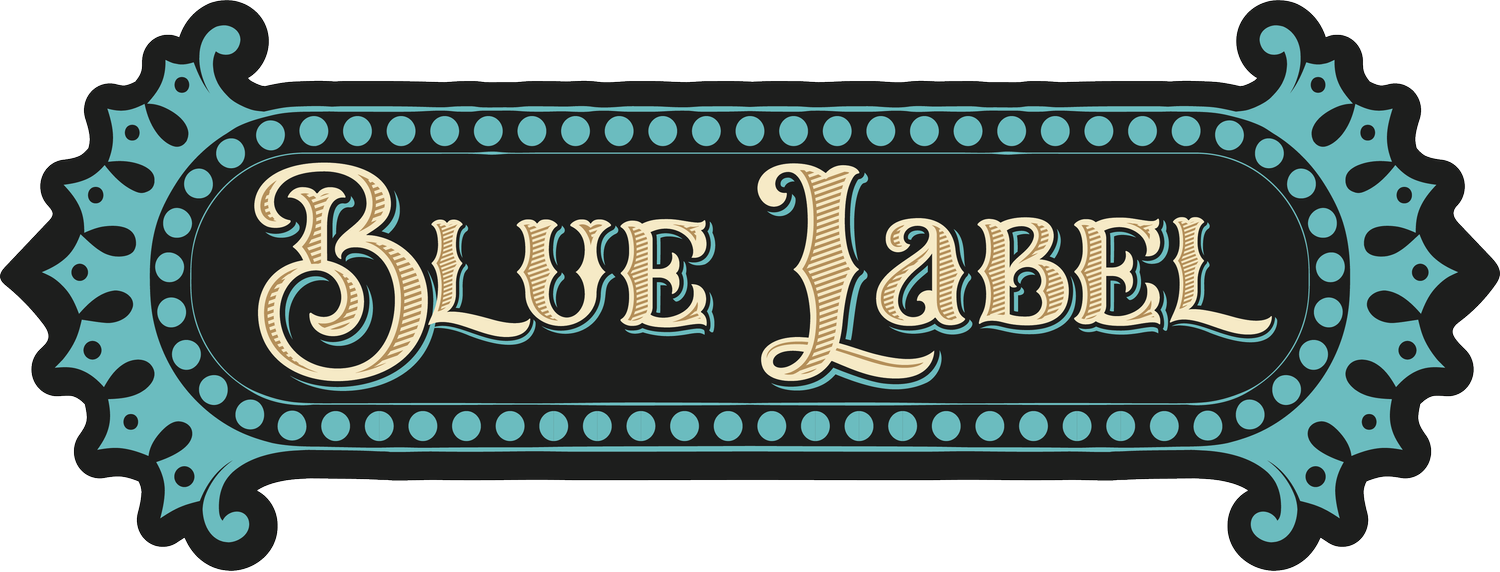The Consequences of Counterfeits.
They may look legitimate, but oftentimes, products are copies of genuine articles.
Why Buying Fake Goods is Unethical and Illegal
Counterfeit goods are products that are made to look like genuine items, but are actually fake and of low quality. These fake goods can be found in nearly every industry, from luxury fashion, to watches, electronics, and medicines. While some may be tempted to buy these items to save money or obtain a desired brand, purchasing counterfeit goods is not only unethical but also illegal. Here are a few ways why buying counterfeit goods is morally wrong and the consequences it can have.
The Impact on the Economy
The counterfeit industry has a significant impact on the global economy. Counterfeit products undermine legitimate businesses, reducing their sales and ultimately harming the overall economy. According to the International Trademark Association, counterfeit goods account for USD 2.5 trillion in lost revenue globally. This not only affects legitimate businesses but also deprives governments of tax revenue, and may result in job losses in both the legal and illegal industries.
The Impact on Legitimate Businesses
Counterfeit goods take business away from legitimate companies, leading to losses in revenue and profits. Studies have shown that for every dollar of sales lost to counterfeiting, legitimate businesses lose additional revenue from related businesses that supply or distribute genuine merchandise. This results in increased pressure on legitimate businesses to reduce operating costs, potentially leading to lower wages, employment cuts, and other negative impacts on employees. While some of these items may be blatant copies of a luxury item, some items are termed “tribute” or “clone” products. The best description of this would be the Rolex Submariner watch clones. Certain watch companies model their lower-cost product in such a way that from across the table, you would be hard-pressed to spot the fake. This is not a true counterfeit, yet it still impacts the original company’s reputation while promoting it. So, in a way, it is both bad and good for the marketplace. Be aware of these finite differences while reading further.
With the increase of cancer rates across the globe, we need to ask ourselves, is what I’m buying safe?
Quality Concerns and Public Health Risks
Counterfeit goods are often of lower quality than genuine products, and in some cases, they can pose serious health risks. Fake pharmaceuticals, for example, may not contain the proper active ingredients, or dosage, or could contain harmful materials. They can also produce serious and potentially fatal health consequences. Similarly, fake electronics can cause physical harm through electrocution or other means, and counterfeit luxury goods have been found, in many cases, to have toxic materials in their construction. Another such problem is called “off-gassing.” This is where chemical residues are emitted via the air, contaminate a person’s air supply, and are then introduced directly into the bloodstream. It is important to note that counterfeit business owners are often motivated solely by profits and disregard quality or safety standards.
Ethical Issues
Purchasing counterfeit goods also raises ethical concerns. Counterfeiting is illegal and a form of theft from legitimate businesses, many of which invest significant amounts of money in research, design, and production. Buying these fake goods directly supports criminal organizations, which traffic in counterfeit and illegal products with virtually no regulation or standards. Further, these organizations may use the profits from counterfeit sales to finance other illegal activities that directly affect people's lives in the worst possible way.
Counterfeit goods not only harm the economy and legitimate businesses but also pose potential health risks, and are illegal. It is important to avoid purchasing counterfeit goods and supporting the counterfeit industry. By supporting legitimate brands, and shopping US-based businesses, consumers help uphold quality and ethical standards, and, in turn, help the economy and society as a whole.



